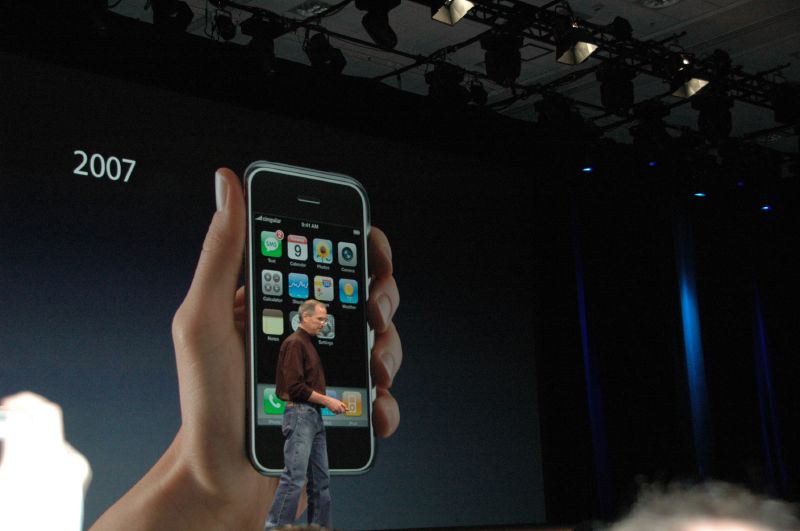CLEVELAND HISTORY
Establishment of the Cleveland Health Museum (January 6, 1940): Known as one of the first health education centers in the United States, the Cleveland Health Museum, now part of the Great Lakes Science Center, was established to promote public awareness of medical science. This museum has played a pivotal role in educating the community about health and hygiene, contributing to Cleveland’s reputation as a center for medical innovation.
Opening of the Cleveland Aquarium (January 7, 1954): The Cleveland Aquarium opened its doors to provide educational and recreational opportunities to the public. Featuring a diverse array of marine life, the aquarium became a beloved institution for both residents and visitors, enhancing Cleveland’s cultural and educational landscape.
First Broadcasting of WEWS-TV (January 8, 1947): WEWS-TV, Cleveland’s first television station and one of the first in Ohio, began broadcasting. As a pioneer in television broadcasting in the region, WEWS-TV played a significant role in shaping local media, providing news, entertainment, and educational programming to the community.
Cleveland Orchestra’s Severance Hall Renovation Completion (January 9, 2000): The renowned Cleveland Orchestra celebrated the completion of extensive renovations at Severance Hall, its home since 1931. These improvements enhanced the hall’s acoustics and restored its original architectural grandeur, ensuring its status as one of the world’s premier concert venues.
Record Snowfall in Cleveland (January 12, 1978): Cleveland experienced a record snowfall, with more than 30 inches of snow blanketing the city within 48 hours. This extreme weather event significantly impacted the city, halting transportation and business activities and marking one of the most severe winter storms in the city’s history.
WORLD HISTORY
King Henry VIII Marries Anne of Cleves (January 6, 1540): This political alliance was orchestrated to strengthen ties between England and the Protestant states of Germany. However, King Henry VIII was reportedly displeased with Anne of Cleves from their first meeting. The marriage was never consummated, leading to a quick annulment by July of the same year. This event had significant repercussions for English and European political dynamics and impacted Anne’s life profoundly, though she was treated well thereafter and known as the King’s beloved sister.
Galileo’s Discovery of Jupiter’s Moons (January 7, 1610): Using his homemade telescope, Galileo Galilei observed four objects surrounding Jupiter, which he initially thought were stars. These were later identified as moons, named Io, Europa, Ganymede, and Callisto—now collectively known as the Galilean moons. This discovery was crucial as it provided supporting evidence for the Copernican theory that the Earth and other planets orbit the Sun, challenging the then-dominant geocentric model that placed Earth at the center of the universe.
Battle of New Orleans (January 8, 1815): Despite the War of 1812 officially ending with the Treaty of Ghent in December 1814, the Battle of New Orleans occurred due to delayed communications. Led by General Andrew Jackson, American forces achieved a decisive victory against the British. This battle significantly boosted American nationalism and propelled Jackson to national fame, paving his way to the presidency.
Steve Jobs Unveils the iPhone (January 9, 2007): At the Macworld convention in San Francisco, Steve Jobs introduced the first iPhone, marking a revolutionary development in mobile technology. The device combined a phone, an iPod, and an internet communicator into one, setting the standard for modern smartphone design and functionality. The iPhone’s introduction has had a profound impact on how people communicate, access information, and manage their daily lives across the globe.
Haiti Earthquake (January 12, 2010): A devastating magnitude 7.0 earthquake struck Haiti near Port-au-Prince, causing unprecedented destruction. The quake resulted in over 200,000 deaths, displaced hundreds of thousands, and inflicted severe damage on Haiti’s infrastructure and economy. The international community responded with significant humanitarian aid efforts, although the recovery has been fraught with challenges.







